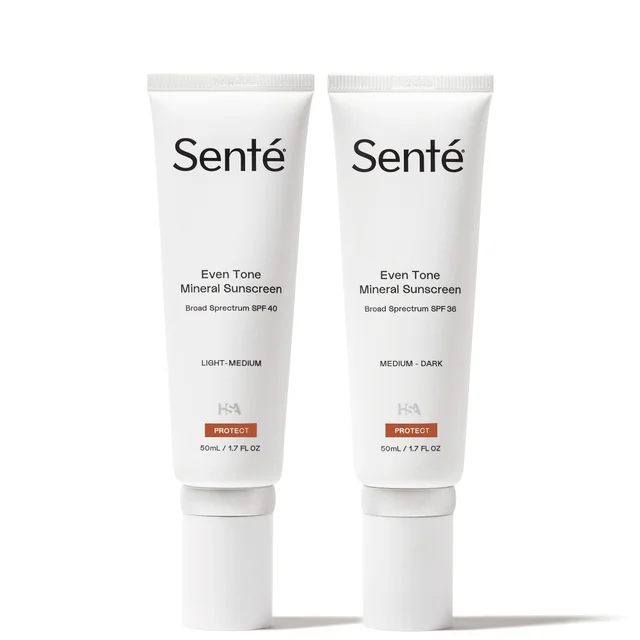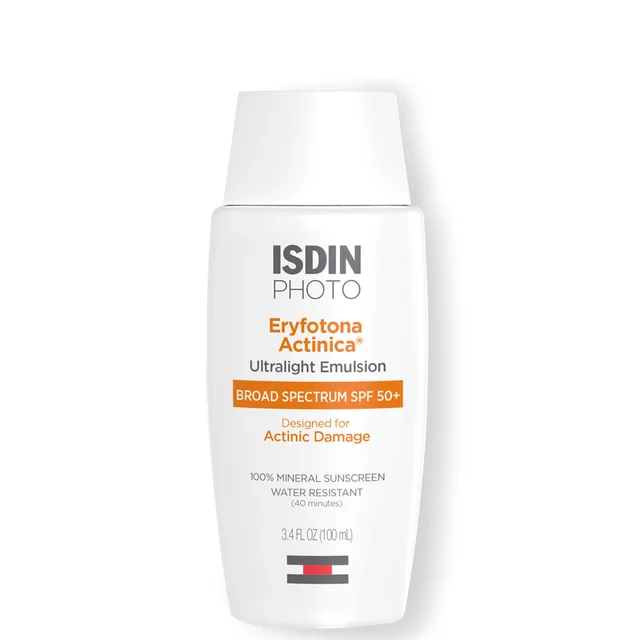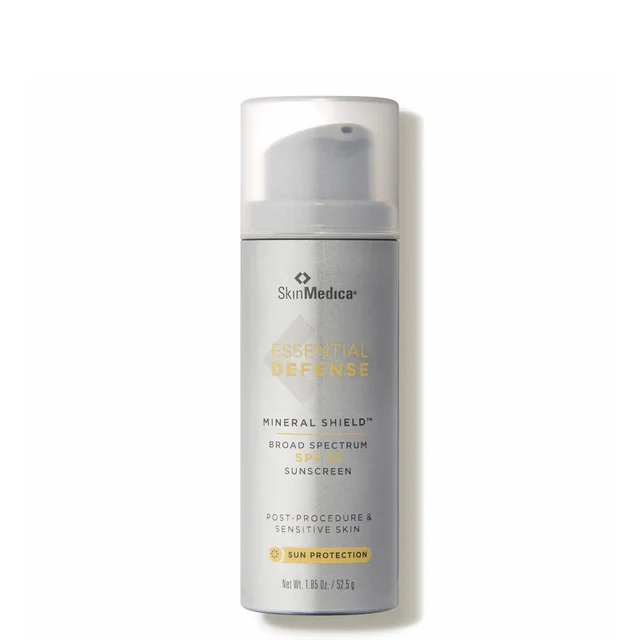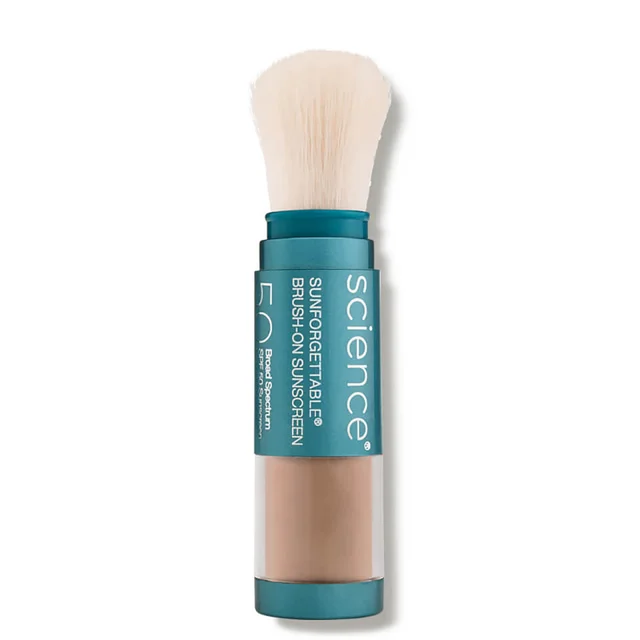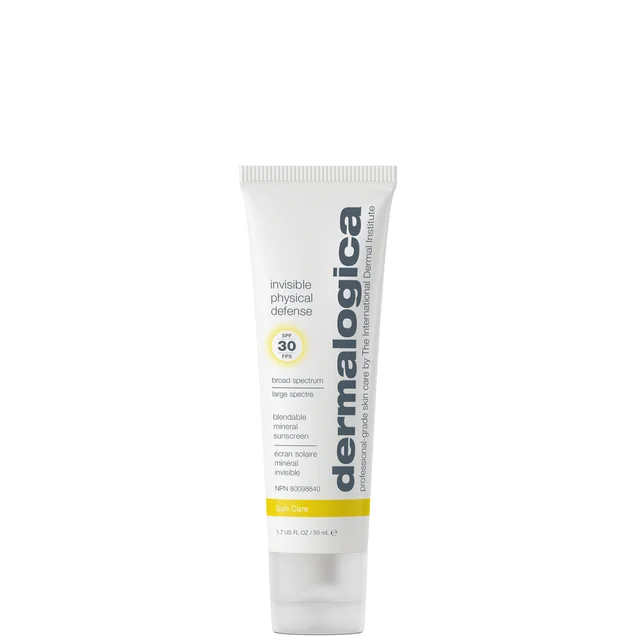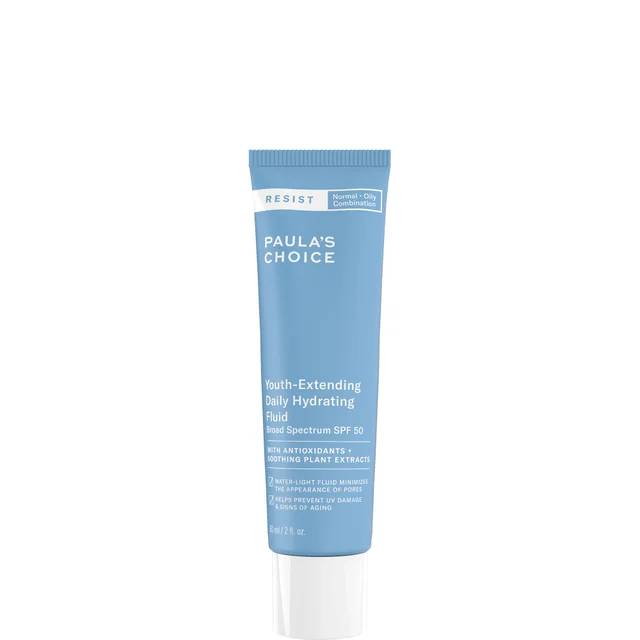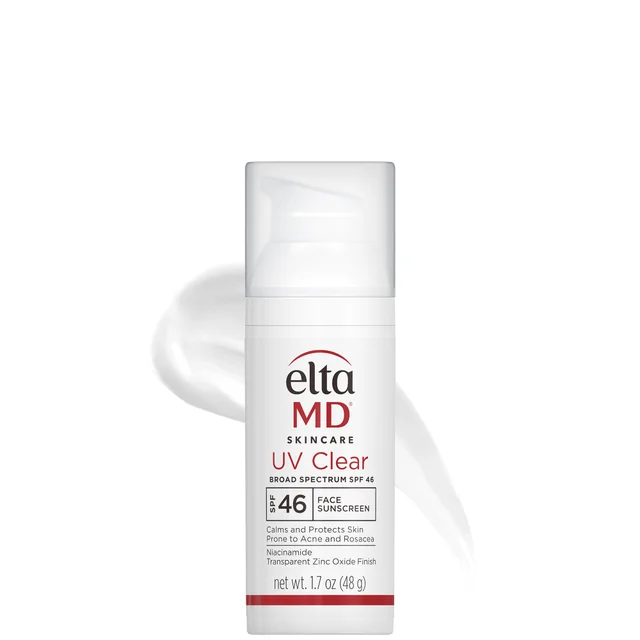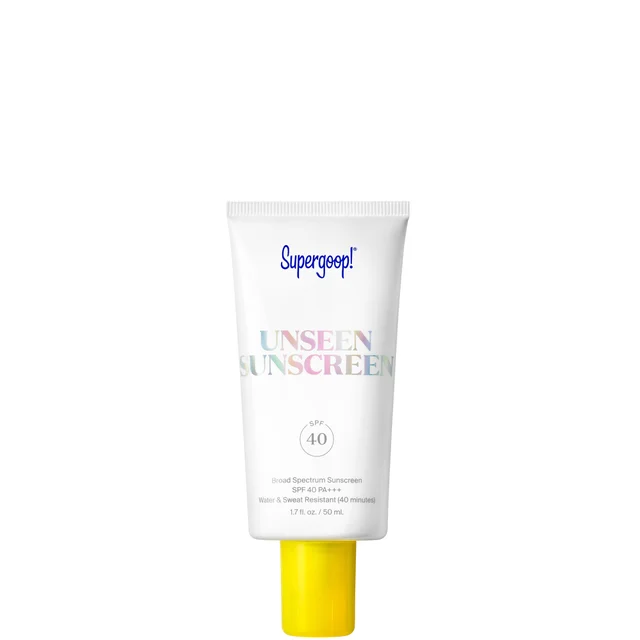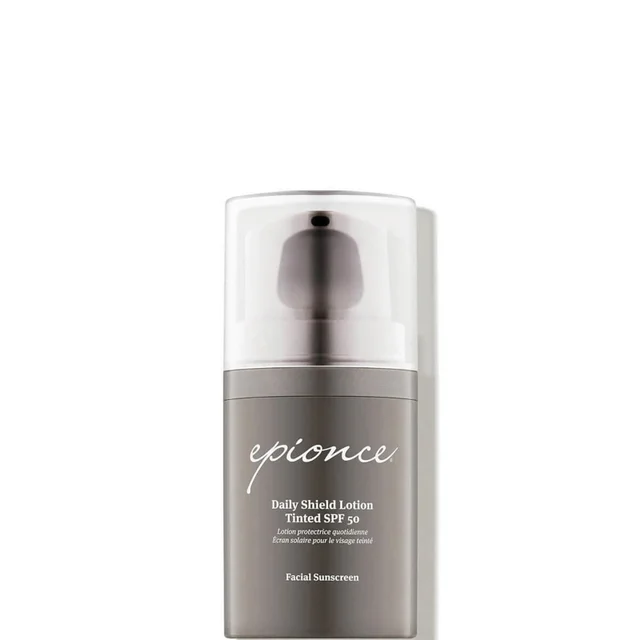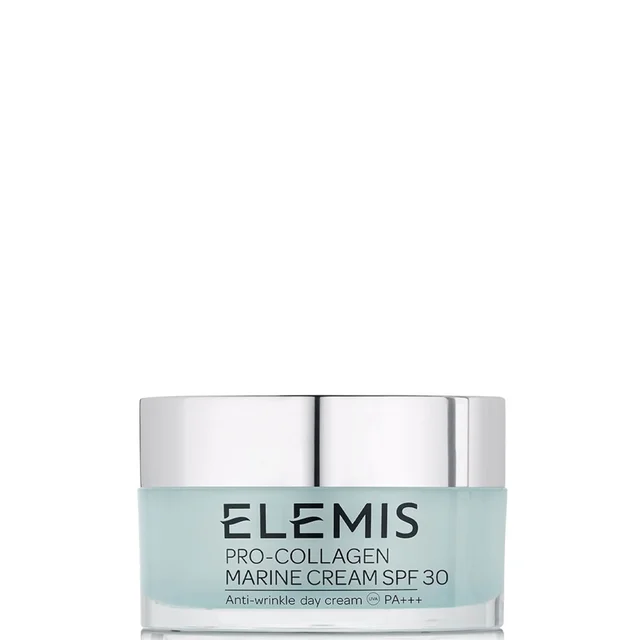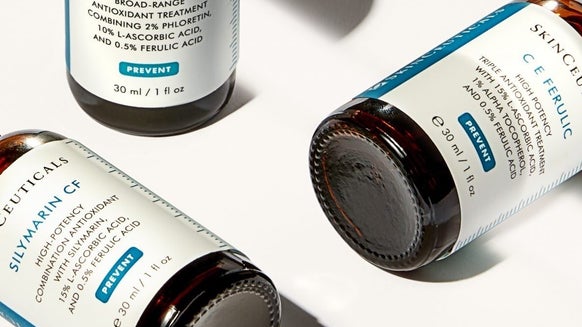Mineral vs. Chemical Sunscreen: Which is Better for Your Face?
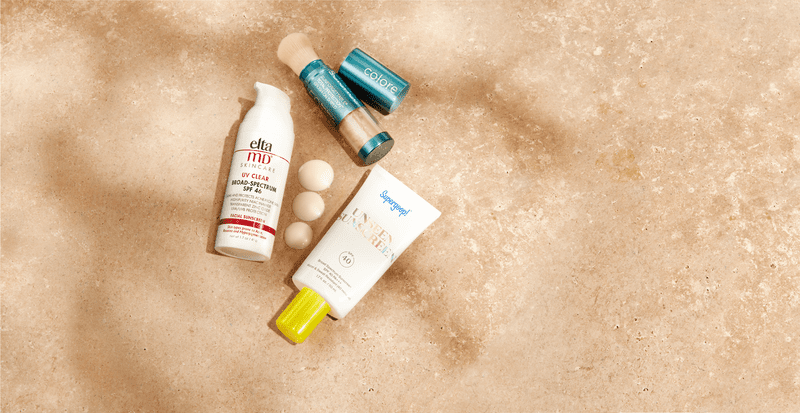
This time of year, sun protection is top of mind. Whether you’re curious about the best sunscreens for everyday wear or the most common SPF myths, we’ve got you covered this summer.
As we know, sunscreen is the single most important part of a daytime skin care routine. Whether you’re looking for a dewy glow or a matte finish to prep your skin for a full face of makeup, it can be difficult to find the one that works best for you. Sunscreen comes in three main forms—mineral, chemical and hybrid, each offering sun protection to help defend against damaging UV rays, but with different methods to achieve it. Learn more about the difference between mineral and chemical sunscreens and which may work best for your skin.
What is Mineral Sunscreen?
Mineral sunscreen, also known as physical sunscreen, uses mineral-based ingredients zinc oxide and titanium dioxide to help to reflect and scatter harmful rays from the sun. If the only active ingredients listed on your sunscreen’s label are zinc oxide and/or titanium dioxide, it’s a physical sunscreen. This formulation is ideal if you need to quickly apply your sun protection and go. It starts working right away, as opposed to chemical sunscreen, which can take about half an hour for effective sun protection. This form of SPF is also photostable, so it doesn’t need to be reapplied as often as a chemical sunscreen.
While commonly known for their thick consistency and the white cast they leave behind, mineral sunscreens have evolved into formulations that work for all skin tones, even deeper skin tones. These formulas are often recommended for children, pregnant women and people with sensitive or acne-prone skin. In addition to offering sun protection, zinc oxide has anti-inflammatory benefits that work well with reactive skin.
What is Chemical Sunscreen?
While physical sunscreens work like a reflective barrier on skin’s surface, chemical sunscreens partially absorb into skin and prevent UV damage through a chemical reaction. Chemical sunscreen usually contains oxybenzone, dioxybenzone, avobenzone, octocrylene, homosalate, octinoxate and other chemicals, which absorbs and releases the damaging UV rays back into the environment. If the active ingredients listed on your sunscreen’s label contain anything other than zinc oxide or titanium dioxide, it’s a chemical sunscreen (though some hybrid formulas contain both chemical and physical ingredients).
Chemical sunscreen is considered easier to apply as it does not leave behind the white residue often associated with physical sunscreens. Chemical formulations tend to be lighter and for that reason, are often preferred by oily and more resilient skin types.

From the latest hair and makeup trends to the best solutions for your skin issues, we've got all your beauty concerns covered!
